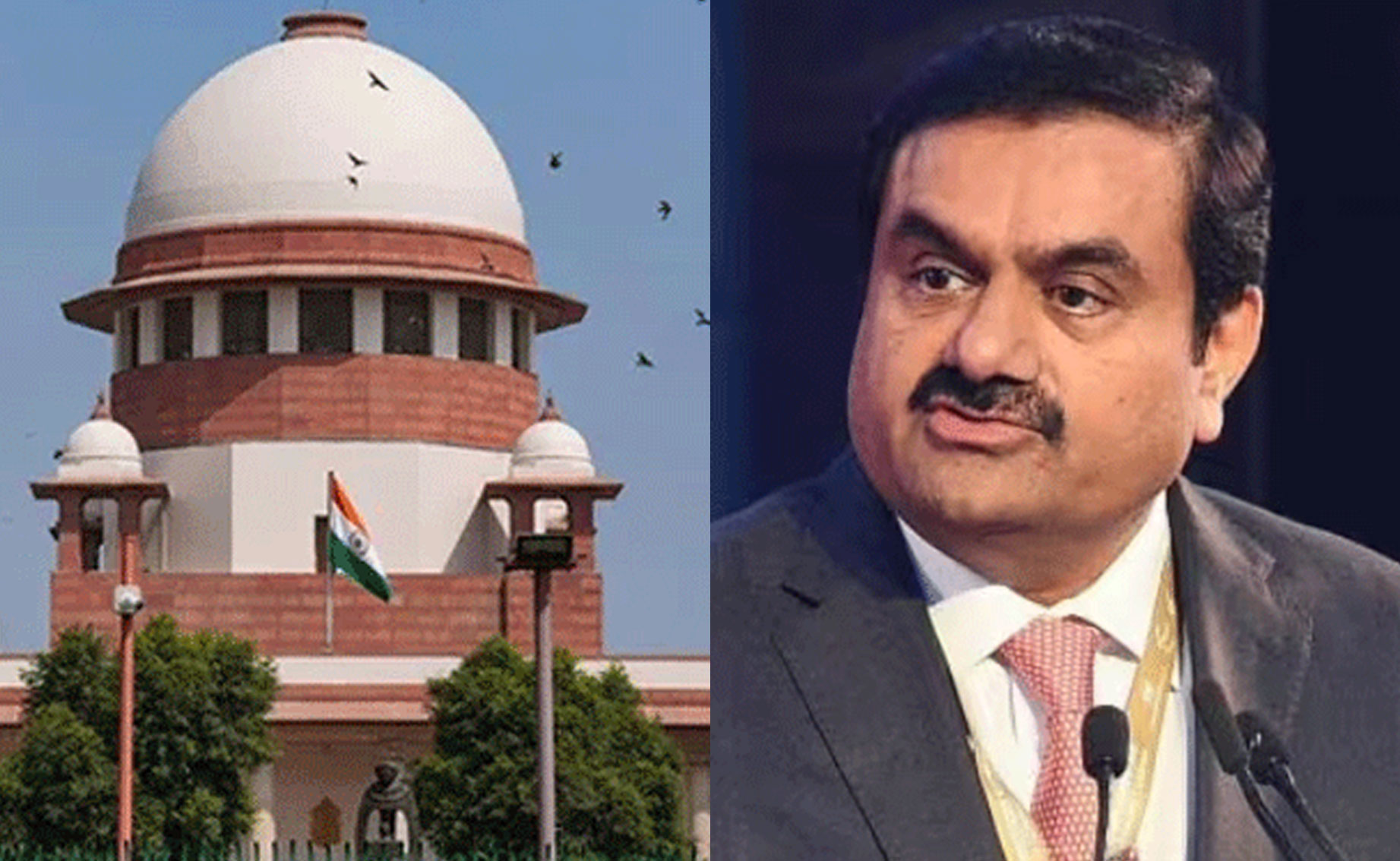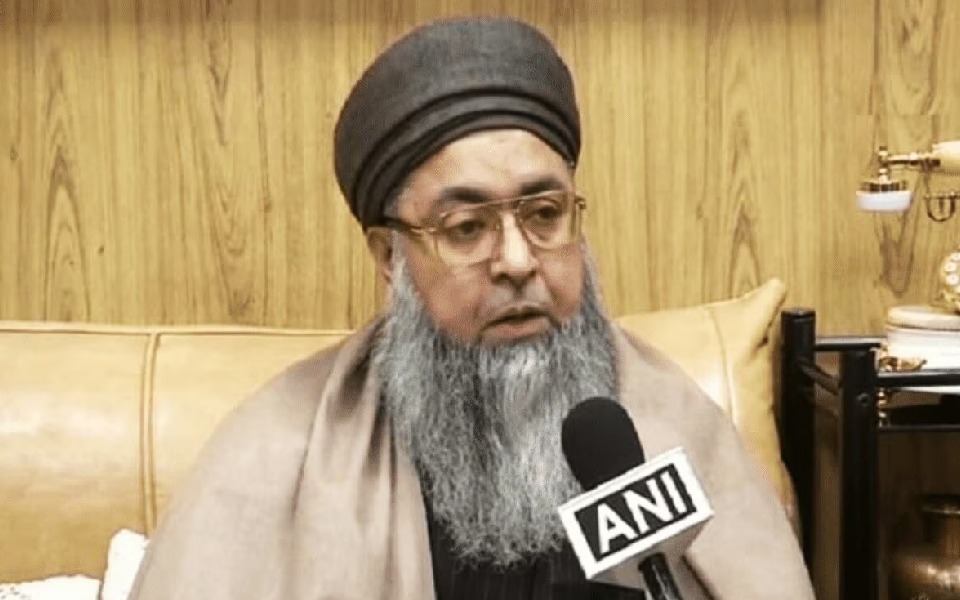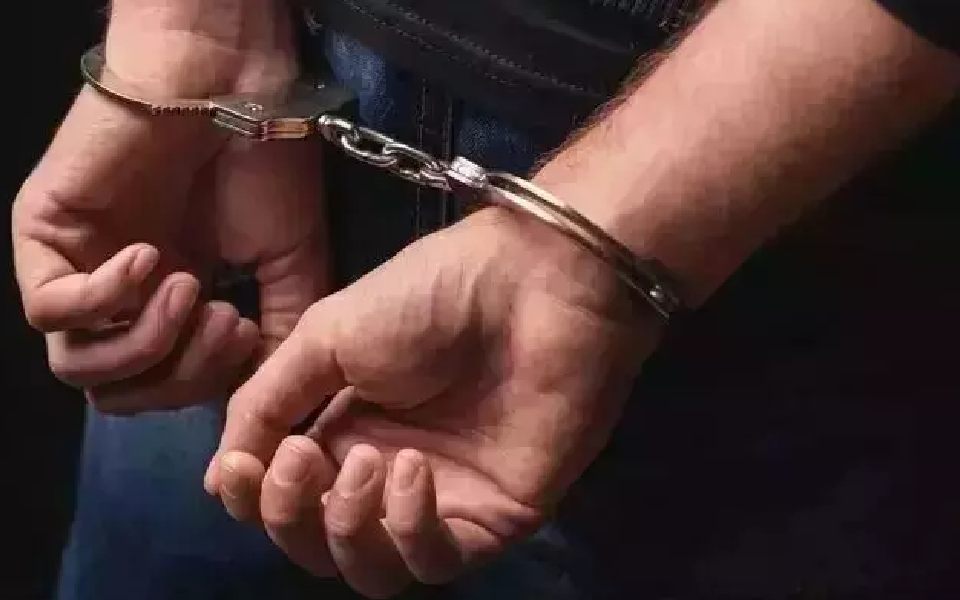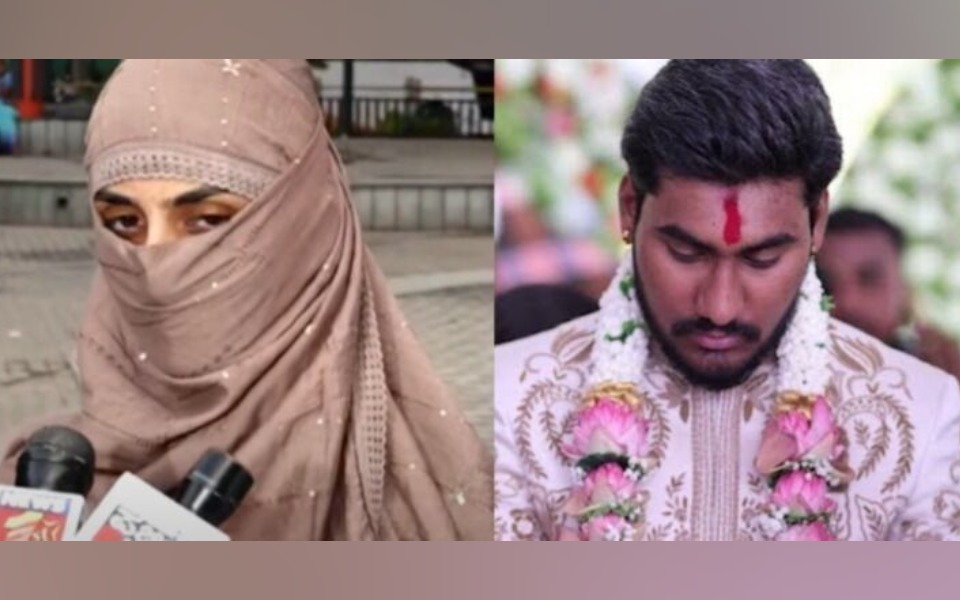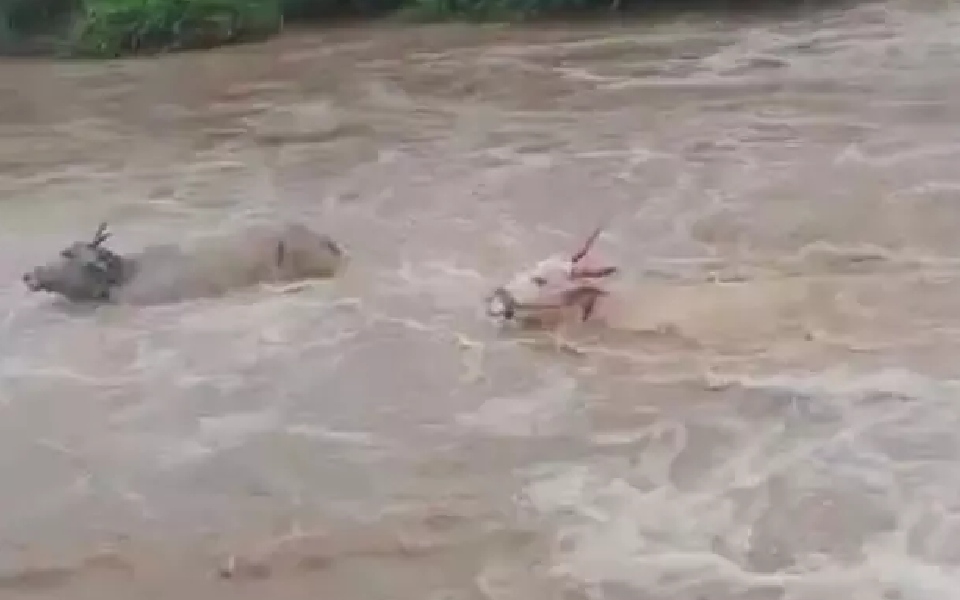New Delhi (PTI): The Supreme Court on Thursday ordered setting up of a six- member committee headed by former apex court judge A M Sapre to look into various regulatory aspects for stock markets, including the recent Adani Group shares crash triggered by the Hindenburg Research's fraud allegations.
A bench of Chief Justice D Y Chandrachud and Justices P S Narasimha and J B Pardiwala said the panel will make an overall assessment of situation, suggest measures to make investors aware and strengthening of existing regulatory measures for stock markets.
The bench also directed the Centre, financial statutory bodies and the SEBI chairperson to render all cooperation to the panel which will have to submit its report within two months.
Former judges OP Bhat and JP Devdatt are also part of the probe committee.
The court also named Nandan Nilekani, KV Kamath and Somasekharan Sundaresan as three other members of the committee.
While reserving its order, the top court on February 17 had refused to accept in a sealed cover the Centre's suggestion on a proposed panel of experts.
Till now four PILs have been filed in the top court on the issue by lawyers M L Sharma, Vishal Tiwari, Congress leader Jaya Thakur and Mukesh Kumar, who claims to be a social activist.
Adani Group stocks have taken a beating on the bourses after the Hindenburg Research made a litany of allegations, including fraudulent transactions and share-price manipulation, against the business conglomerate. The Adani Group has dismissed the charges as lies, saying it complies with all laws and disclosure requirements.
Let the Truth be known. If you read VB and like VB, please be a VB Supporter and Help us deliver the Truth to one and all.
New Delhi: In a rare and widely discussed outreach, Rashtriya Swayamsevak Sangh (RSS) chief Mohan Bhagwat met over 50 Muslim religious leaders and scholars at Haryana Bhawan in New Delhi on Thursday. The three-and-a-half-hour meeting was hosted by Umer Ahmed Ilyasi, the Chief of the All-India Imam Organisation, and is being described by some as an effort to build bridges between India’s majority and minority communities.
But Ilyasi, who facilitated this high-profile interaction, is no stranger to public attention—or controversy. His political and religious statements over the years have drawn criticism from several quarters within the Muslim community, prompting fatwas, threats, and frequent allegations of pandering to majoritarian narratives.
The meeting with Bhagwat, which included representatives from Deoband Madrasa, the Chief Imams of Gujarat and Haryana, and the Grand Muftis of multiple states, was framed as a trust-building initiative. “We may follow different faiths, but we are all Indians,” Ilyasi told IANS, describing the dialogue as a platform to promote national unity and social cohesion.
However, many observers have noted that this is not the first time Ilyasi has aligned himself with positions that are seen as diverging sharply from mainstream Muslim sentiments.
Statements That Stirred Reactions
In 2017, speaking to reporters in Indore, Ilyasi called for a nationwide ban on cow slaughter and demanded that the cow be declared a national animal. While he also condemned mob lynchings related to beef consumption suspicions, his support for a uniform cow protection law was received critically within sections of the Muslim community, where beef consumption remains culturally and religiously permissible.
His support for the ban on mosque loudspeakers during a 2022 interview with ANI was another instance that did not sit well with several Muslim clerics and organisations. Around the same period, he controversially linked the Karnataka hijab row to interference from “foreign bodies and terror groups like Al-Qaeda,” saying such events were attempts to “malign the country.”
In March 2025, on the occasion of Eid-ul-Fitr, Ilyasi released a video urging Muslims not to offer prayers on public roads, calling instead for discipline and restraint in religious observances. While the appeal may appear practical to some, others saw it as aligning with growing pressure from right-wing groups who object to public prayers by Muslims.
The backlash against Ilyasi’s public statements has been strong and visible. In January 2024, after his visit to the Ram Mandir ceremony in Ayodhya, a group of muftis issued a fatwa against him, branding him a ‘kaafir’ (infidel) and demanding an apology. Ilyasi dismissed the criticism, stating bluntly that India is not an Islamic state and Sharia law does not apply here.
His earlier praise for Mohan Bhagwat in September 2022, calling the RSS chief the “Rashtra Pita” (father of the nation) and “Rashtra Rishi” (national sage), had sparked severe backlash and even death threats. Multiple reports confirm he received “Sar Tan Se Juda” (beheading) threats from within the Muslim community. Despite these, Ilyasi stood firm, publicly saying that those who could not tolerate his stand “should perhaps go to Pakistan.”
While Ilyasi holds the position of Chief Imam of the All India Imam Organisation, critics point out that the organisation is not widely representative of India’s diverse and decentralised Muslim religious leadership. Many prominent Muslim groups, including those from Deoband and Barelvi backgrounds, have either distanced themselves from his remarks or remained silent on his engagements.
He has also made headlines in the past with statements that left many confused. In one interview, he controversially claimed that Muslims are descendants of Lord Krishna, a remark that drew sharp reactions across religious lines and lacked theological grounding.
The recent meeting with the RSS, timed with the Sangh Parivar’s centenary celebrations and the 50th year of Ilyasi’s organisation, signals a broader strategy at play. While the optics may suggest communal harmony, critics say such outreach efforts often come with political subtext, especially when facilitated by figures with a record of leaning into government-aligned narratives.
During the Thursday meeting, according to sources, no specific issues such as the Gyanvapi case or hijab row were discussed. Instead, themes like national integration, social unity, and ongoing dialogue between communities were explored. Ilyasi later stressed that the meeting was not a conclusion, but a beginning of sustained engagement.
In the current climate of increasing religious polarization, the role of clerics like Umer Ahmed Ilyasi is bound to provoke debate. For some, he remains a divisive figure, whose positions do not reflect the broader concerns of Indian Muslims.

